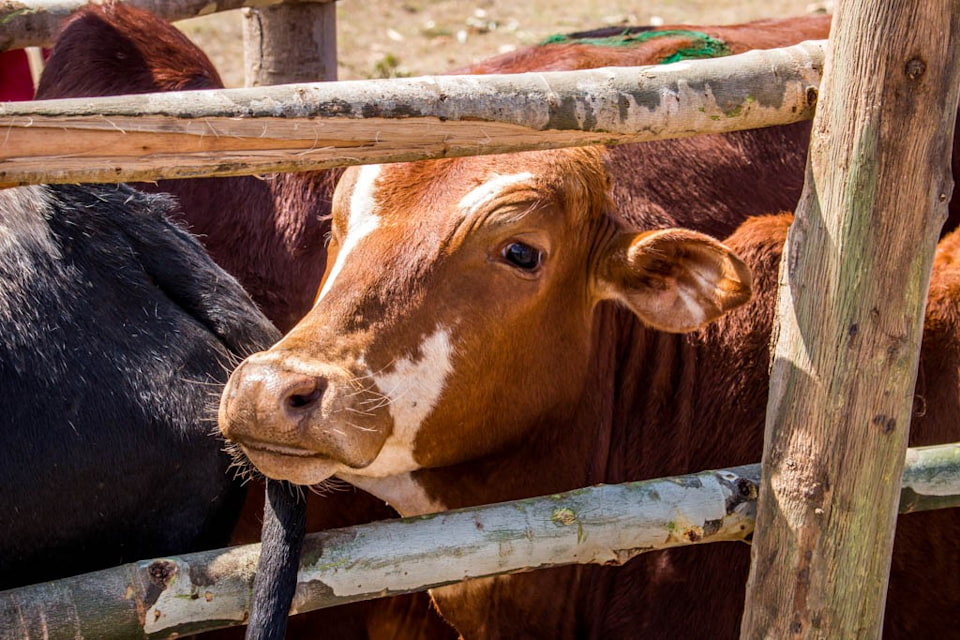
A major initiative led by the University of Liverpool recently brought together more than 160 experts from across Africa and beyond to tackle the rising threat of ticks and the devastating diseases they spread to livestock and wildlife.
The event was a key milestone of the BBSRC-funded Kgofa project, which aims to transform livestock tick and tick-borne pathogen control by providing knowledge and tools for proactive management. Ticks and tick-borne diseases kill huge numbers of cattle each year, threatening food security and rural livelihoods.
The project is spearheaded by the University of Liverpool in partnership with the Okavango Research Institute (ORI), the Botswana International University of Science and Technology (BIUST), and the University of Pretoria (UP), with strong support from the Government of Botswana.
Hosted at the Botswana National Veterinary Laboratory in Gaborone and broadcast live online, delegates included representatives from veterinary services, wildlife departments, research institutes, NGOs, farmer organisations, the World Organisation for Animal Health (WOAH) and the Southern African Development Community (SADC).
The meeting showcased interim results from nationwide tick surveys and epidemiological modelling, revealing new challenges such as the spread of tropical bont ticks beyond their traditional range. Discussions focused on sustainable control strategies, supported by the launch of new Food and Agriculture Organization (FAO) guidelines.
Botswana’s Department of Veterinary Services also called on veterinarians to contribute to passive surveillance. As part of this initiative, 500 tick reference cards were distributed to practitioners for use within their networks.
Dr Hannah Rose Vineer, University of Liverpool and Principal Investigator of the Kgofa project, said: “The meeting brought science, policy and field expertise into the same room. We were delighted by the enthusiasm and support for the project from the Botswana Government and across sectors, showcasing what can be done with genuine cross-industry collaborations. By sharing interim findings directly with those affected, we can move faster towards practical solutions that protect herds and livelihoods.”
The opening address was delivered by Botswana’s Minister of Lands and Agriculture, Hon. Dr Edwin Dikolotli. He commented: “The Kgofa project represents the initial step towards an evidence-based solution not just to the tick problem in the Okavango and Ngamiland region, but to the tick-borne problems elsewhere in the country, and indeed, in the African continent, which suffers huge economic losses attributable to ticks and tick-borne diseases.”
Recordings of all talks are available on the Kgofa YouTube channel with further training and webinars planned in the coming year.